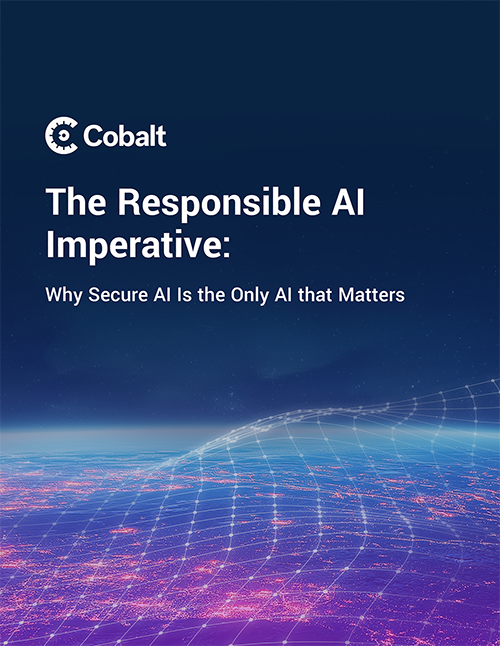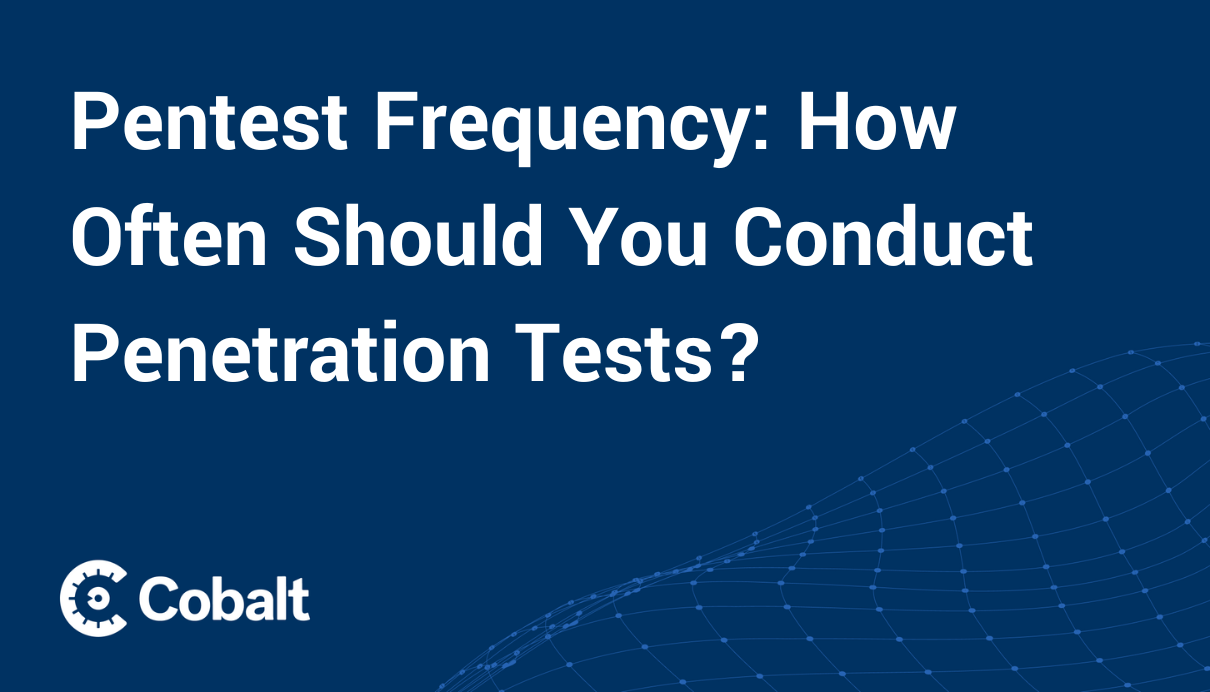The National Institute of Standards and Technology (NIST) has released the first finalized standards for post-quantum cryptography, marking a critical advancement in safeguarding enterprise data against the looming threat of quantum computing. These standards equip organizations with the tools to protect sensitive information and critical infrastructure from future quantum attacks, ensuring business continuity and maintaining customer trust in an evolving technological landscape.
In this article, we’ll explore the significance of these new standards, explore the challenges and opportunities they present for security professionals, and discuss the broader implications for the cybersecurity landscape.
What is Post-Quantum Cryptography?
Post-Quantum Cryptography (PQC) is a field dedicated to developing cryptographic algorithms resistant to attacks from quantum computers. It's a proactive response to the looming threat of quantum computers, which could potentially break many different types of encryption we rely on today for secure communication and data protection.
The core objective of PQC is to identify and standardize new algorithms that are secure against attacks even from powerful quantum computers while remaining practical for use on current classical computers. This ensures a smooth transition to a quantum-safe future without compromising the security of our existing digital infrastructure.
The transition to PQC will be a complex undertaking, but it is essential to safeguarding the future of our digital world in the era of quantum computing. With this in mind, let’s now explore how traditional cryptography and quantum cryptographic technologies work.
Difference between traditional and quantum cryptography
Traditional cryptography is the foundation of our current digital security infrastructure. It relies on complex mathematical problems that are difficult for classical computers to solve.
The security of algorithms like RSA and ECC hinges on the computational limitations of these machines. However, quantum computers, with their immense computational power, have the potential to break these algorithms, rendering them obsolete.
Quantum cryptography, on the other hand, leverages the principles of quantum mechanics to secure communications. It utilizes phenomena like quantum key distribution to establish provably secure keys between parties. In essence, while traditional cryptography is based on computational complexity, quantum cryptography is grounded in the laws of physics, thus making quantum cryptography fundamentally resistant to attacks.
Benefits of quantum cryptography
Post-quantum cryptography, with its resistance to attacks from quantum computers, offers numerous benefits for the future of digital security. The primary advantage is future-proofing our critical infrastructure against the emerging threat of quantum computers, ensuring the confidentiality, integrity, and authenticity of sensitive data even in the quantum era.
However, it's important to recognize that the quantum threat landscape is evolving. The same advancements in quantum computing that threaten traditional cryptography can also empower attackers. Moreover, the integration of AI with quantum computing can potentially amplify the sophistication and effectiveness of cyberattacks.
In response, the use of AI for quantum security is becoming crucial. AI can be harnessed to develop more robust post-quantum cryptographic algorithms and enhance their implementation. It can also aid in detecting and mitigating threats in real-time, enabling a proactive defense against quantum-powered attacks.
By embracing post-quantum cryptography and leveraging the capabilities of AI for quantum security, we ensure a seamless transition to a quantum-safe future, preserving the privacy and security of our digital world in the face of evolving technological advancements and emerging threats.
NIST's quantum-resistant algorithms: The future of encryption
These groundbreaking standards establish a framework for quantum-resistant cryptographic algorithms, designed to withstand the immense computational capabilities of future quantum computers.
By adopting these algorithms, organizations can proactively safeguard their sensitive data and critical infrastructure from potential quantum attacks, ensuring the confidentiality, integrity, and availability of their information assets for years to come.
The rigorous NIST selection process, spanning several years and involving extensive collaboration with the global cryptographic community, has resulted in the identification of four robust algorithms that provide a strong foundation for post-quantum security.
Pentester perspective: Challenges and opportunities with quantum computing
From a tester’s perspective, quantum computing will be an exciting change.
While these new standards enhance overall security, they also introduce complexities that require pentesters to adapt their methodologies and toolsets. Testing the resilience of post-quantum algorithms necessitates a deep understanding of their underlying mathematical principles and potential attack vectors.
However, this paradigm shift also opens doors for pentesters to contribute to the evolution of post-quantum security. By actively engaging with these new algorithms, identifying potential weaknesses, and developing innovative testing techniques, security researchers and pentesters play a critical role in ensuring the robustness and reliability of post-quantum cryptographic implementations.
Closing
In closing, the release of NIST's post-quantum cryptography standards marks a pivotal moment in the ongoing battle for cybersecurity. As quantum computing continues to advance, organizations must proactively adopt these standards to ensure the long-term security of their sensitive data and critical infrastructure.
By embracing the challenges and opportunities presented by post-quantum cryptography, businesses can navigate the evolving threat landscape with confidence, safeguarding their assets and maintaining customer trust in the quantum age.
This content was co-authored by AI. Discover our editorial practices.










